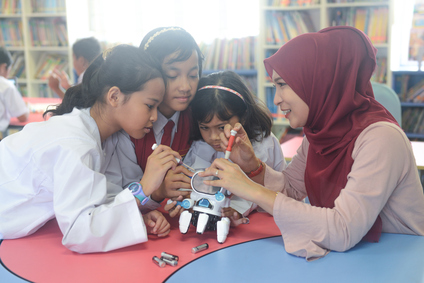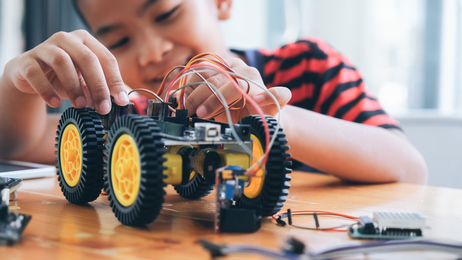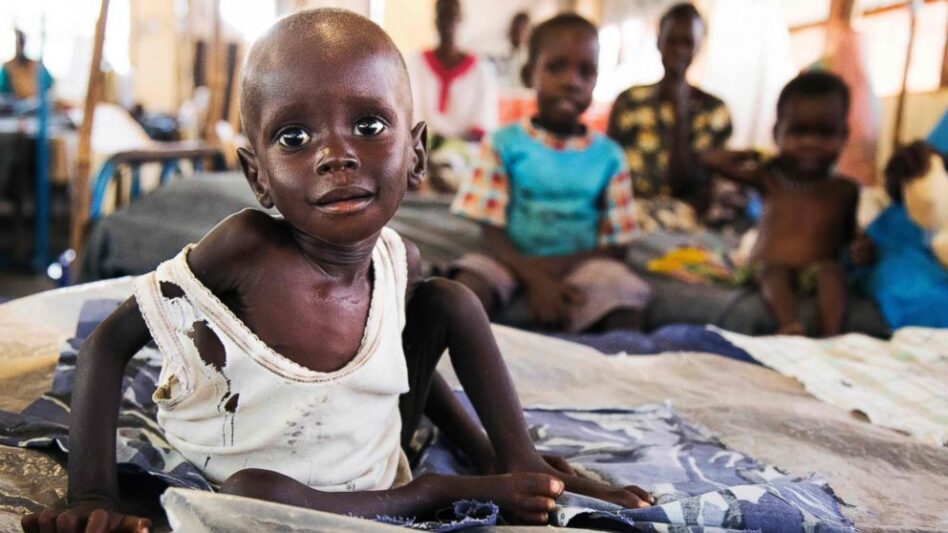AS the Industrial Revolution 4.0 (IR4.0) is seeping across the world, new technologies are increasingly being adopted in everyone’s daily lives.
“IR4.0 is basically changing almost everything from the way we connect, live, work and even how we educate our children.
“While this innovation represents progress, it may impact the current workforce, especially in how people use technology to perform their daily activities,” said Cambridge International regional director of Southeast Asia & Pacific Ben Schmidt in a statement.
Citing statistics, McKinsey and Company had estimated that about 4.5 million jobs could be gone in Malaysia alone by 2030, with the global numbers estimated at 800 million.
Although the report did mention that about six million jobs will be created in the same period, action must be taken to ensure the workforce are equipped with digital knowledge and related skills to adapt to the rapid changes happening in the technological environment.
With that said, MITstem International School, a Cambridge International school in Selangor is offering programmes such programming, robotics and application development to prepare their students for the challenges that lie ahead.
“These skills are embedded into students’ coursework, Physics, Chemistry, Mathematics and ICT for them to explore and get creative with the subjects to help them understand things better,” its principal Melinda Lim said.

Industry and education are intertwined
Echoing Lim’s sentiments, The International School @ ParkCity director of education Andrew Dalton added: “With the accessibility and availability of up-to-date technology and learning resources that support the curriculum, I expect this will have a positive impact on students’ learning and development, especially in their creativity and understanding of how computers are increasingly able to facilitate communication.”
On that note, Schmidt acknowledged that the Malaysian Government had developed sufficient frameworks to support local workers in adopting IR4.0 technologies in businesses.
However, he stressed on the need for the nation’s education system to update their existing teaching and learning curriculums to equip the younger generation to face future challenges.
Under the guiding principles of the National Fourth Industrial Revolution Policy, the Government had outlined plans to scale up students’ exposure to technologies, encourage innovation and implement 21st Century Learning (“PAK-21”) programmes.
“Hence, IR4.0 presents an opportunity for the education sector to embrace changes and build a strong curriculum foundation to increase our children’s capacity to deal with the rapidly digitalised world.” – April 23, 2022









